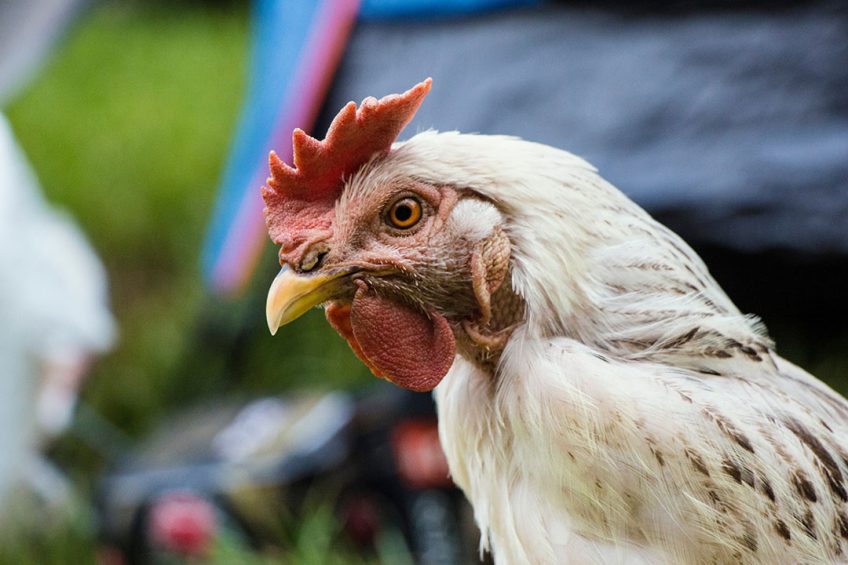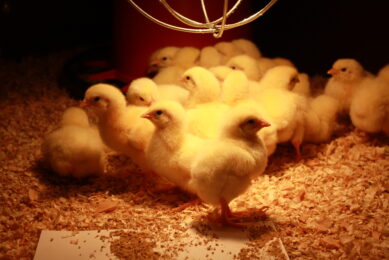Cobb and Roslin publish gene preservation breakthrough

Global breeding giant Cobb and the Roslin institute have recently published details of a breakthrough in the preservation of primordial germ cells – essential for keeping records of diverse poultry populations.
The paper, published in Proceedings of the National Academy of Sciences of the United States of America (PNAS), shows how novel genome technologies can now preserve genetic material for future reference.
…a first step in saving and protecting rare poultry breeds from loss…” – Dr Mike McGrew, lead researcher on the project and group leader at The Roslin Institute.
Researchers have successfully used new cryopreservation technology to freeze and reanimate primordial germ cells — a type of specialized chicken stem cell.
These frozen stem cells have been successfully injected into the eggs of surrogate hens, which then hatch chickens with genetic material from the alternative breed.
“These chickens are a first step in saving and protecting rare poultry breeds from loss and preserving future biodiversity of our poultry from both environmental and climate changes,” said Dr Mike McGrew, lead researcher on the project and group leader at The Roslin Institute.
With this breakthrough, the poultry industry can store the information of diverse poultry flocks for their genetic security in addition to, or instead of, maintaining live flocks.” – Dr Rachel Hawken, senior director of genomics and quantitative genetics at Cobb-Vantress.
The study marks the second collaboration with Cobb this year. In June research on a potential method of preventing the avian influenza replicating in lab-grown chicken cells was published.
 Dr Rachel Hawken, senior director of genomics and quantitative genetics at Cobb-Vantress said of the new research: “Live poultry flocks have to be consistently maintained to keep poultry biodiversity available for new or changing environments and markets. However, until this point, it has been difficult to reconstitute a chicken from frozen germplasm.
Dr Rachel Hawken, senior director of genomics and quantitative genetics at Cobb-Vantress said of the new research: “Live poultry flocks have to be consistently maintained to keep poultry biodiversity available for new or changing environments and markets. However, until this point, it has been difficult to reconstitute a chicken from frozen germplasm.“With this breakthrough, the poultry industry can store the information of diverse poultry flocks for their genetic security in addition to, or instead of, maintaining live flocks.”












